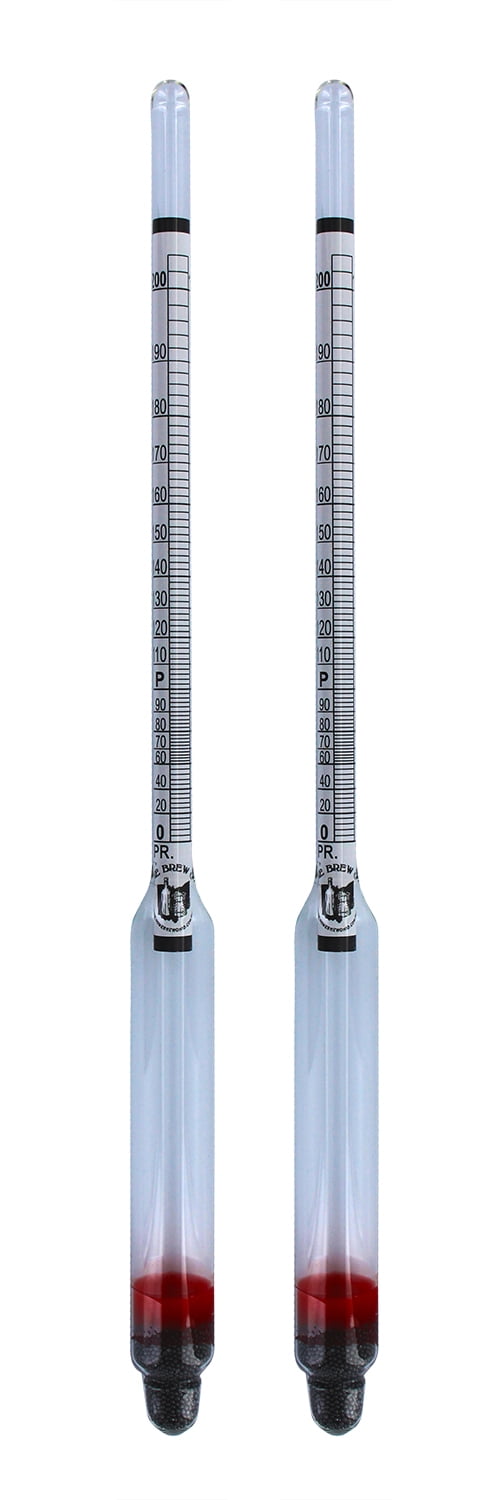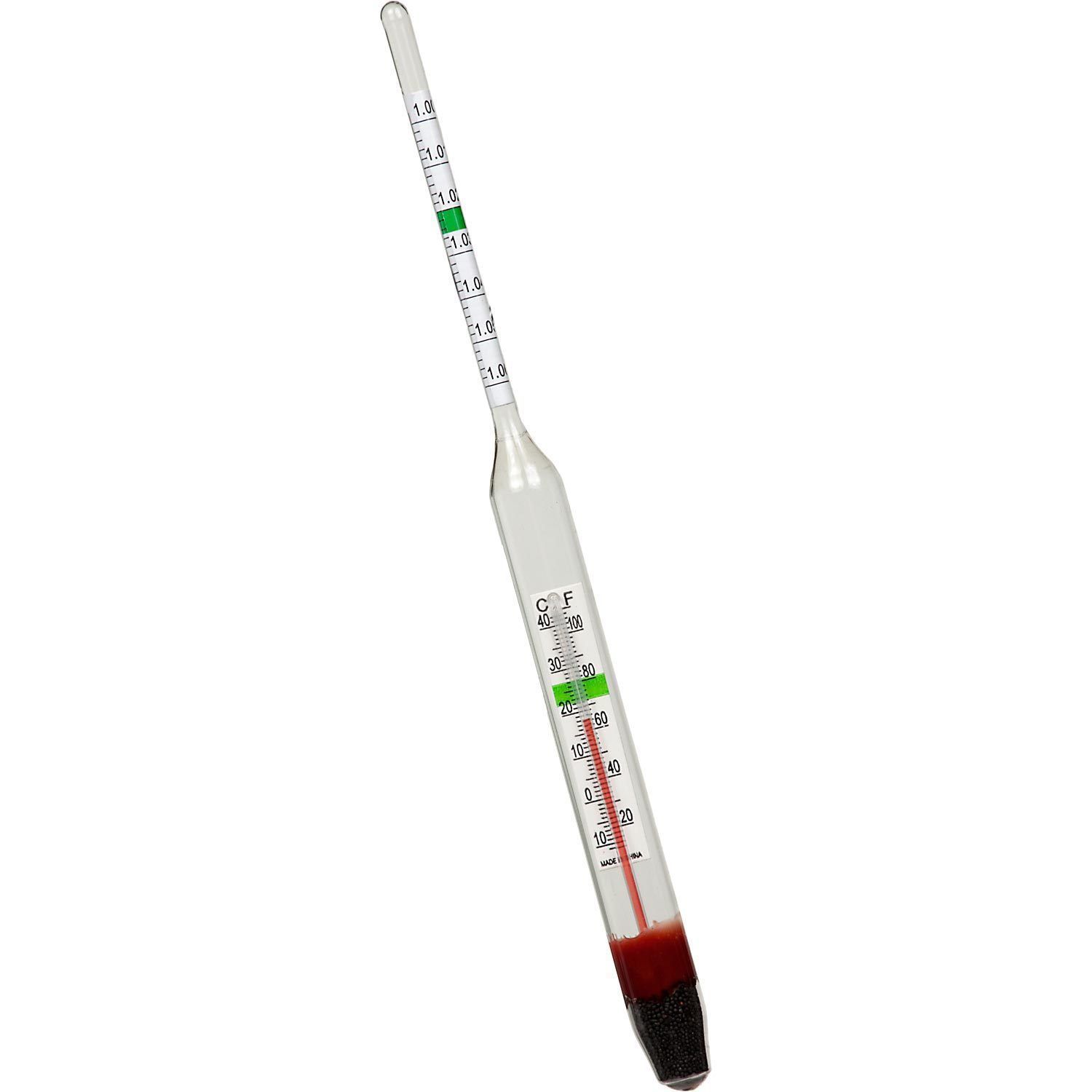

The idea is to use the minimum amount of additives necessary to stabilise a wine. To stabilise a wine we need to use additives such as potassium sorbate, it should be noted though that these kinds of additives won’t stop an active fermentation. What Is Potassium Sorbate and Sodium Metabisulphite?.To do this the wine needs to be stabilised which needs to be done once fermentation is completely finished and the wine has cleared. Before you can do this we need to make sure that the sugar we add isn’t going to start a second fermentation. A wine that is too dry is fairly easy to remedy by back sweetening but you’ll need to make sure of a few things before just adding sugar to the wine.īack Sweetening a wine involves adding a type of sugar or sweetener back into the already fermented wine. Plain sugar is 100% fermentable so when the yeast ferment the wine all of the sugars gets converted to alcohol leaving no residual sweetness. It is most often the case with fruit wines that rely on sugar as the primary fermentable. Or you can go all the way to creating a dessert wine that tastes sweet as dessert wines are intended to.

Our refractometer comes complete with a screwdriver for calibration, a microfiber cloth for cleaning the prism surface, a pipette for sample collection, and detailed usage instructions.One of the issues many new winemakers face is making a wine that is simply too dry, back sweetening a wine is a simple remedy that can transform the finished wine.īack sweetening ranges from turning a really dry wine into a semi-dry wine that isn’t necessarily sweet, but suits your taste better. Once fermentation has begun and alcohol is present, keep track of the Brix scale and use the Refractometer Calculator for Final Gravity correction. The Specific Gravity scale will provide a quick reading of your Original Gravity. To use, apply 2-3 drops to the prism face, close cover, and look through the eyepiece while aiming your refractometer at a light source. Easier to use than a hydrometer, you only need a few drops for the sample. This refractometer reads gravity by measuring the angle at which the light passes through the sample. Instantly read the gravity, in Brix, of unfermented wort of fruit juice – with just a few drops of liquid. They also include automatic temperature compensation for temperatures between 50-86° F, which eliminates the need to consult temperature correction charts. Our refractometers measure from 0-32° Brix, with an accuracy of +/- 0.2° Brix. Then easily take readings before and during the boil to make sure you hit your recipe targets. Easily sample your mash runoff so you know exactly when to stop sparging (typically 2-3 Brix). It is also a great tool for All-Grain Brewing. Unlike a hydrometer, only a few drops are required for a sample.

A refractometer instantly reads gravity, in Brix, of unfermented wort or fruit juice by measuring the degree that light passing through the sample is bent.


 0 kommentar(er)
0 kommentar(er)
